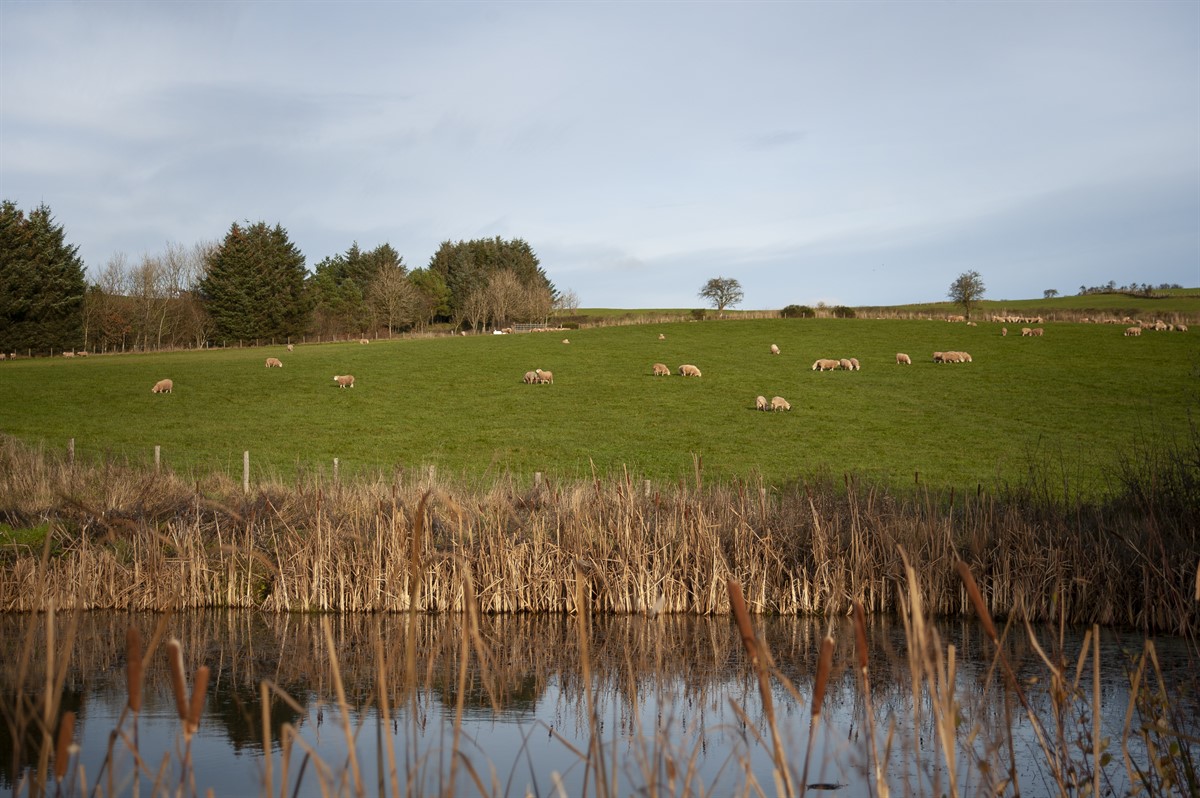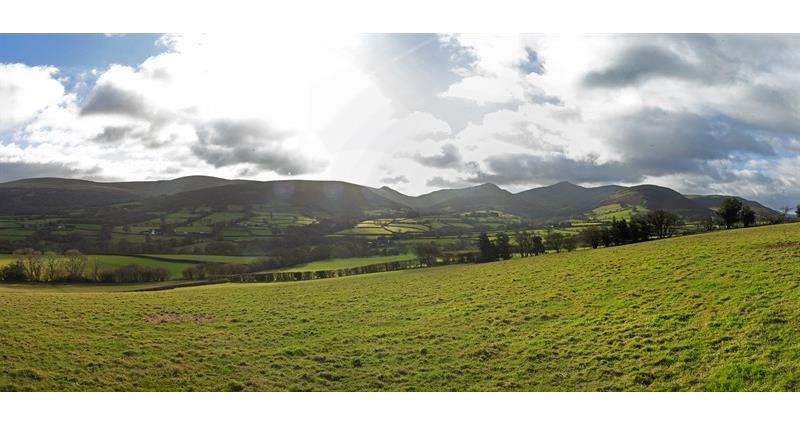- Control of Agricultural Pollution Regulations Helpline (ADAS): 01974 847000
- Farming Connect: 08456 000 813
- Natural Resources Wales (NRW) Helpline: 0300 065 3000
- Welsh Government website.
What do you need to do when?
From 1 January 2024
The requirement not to exceed a limit of 170kg of Nitrogen per hectare from all livestock manure across the whole holding, unless undertaking the Enhanced Nutrient Management approach and submitting notification to NRW by 31 March 2024.
From 1 January 2024 - 31 December 2024
Enhanced Nutrient Management Approach
On 29 November 2023, the Minister for Rural Affairs and North Wales and Trefnydd, Lesley Griffiths MS issued a written statement confirming that regulations to implement an Enhanced Nutrient Management approach had been laid before the Senedd.
The Enhanced Nutrient Management Approach will operate from 1 January 2024 to 31 December 2024 and will enable farms with 80% of more grassland to apply up to 250kg/ha nitrogen from livestock manures during 2024.
Farms taking up this arrangement in 2024 must notify and send supporting evidence to Natural Resources Wales (NRW) by 31 March 2024 and they will be required to adhere to additional measures and controls.
Detailed guidance on the Enhanced Nutrient Management approach is available on the Welsh Government website.
To get further detail and direction or answers to your questions and queries, please use the helplines listed below:
- Control of Agricultural Pollution Regulations Helpline (ADAS): 01974 847000
- Farming Connect: 08456 000 813
- Natural Resources Wales (NRW) Helpline: 0300 065 3000
- Welsh Government website.


